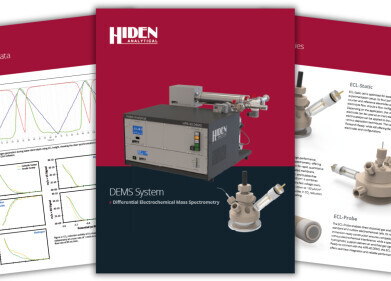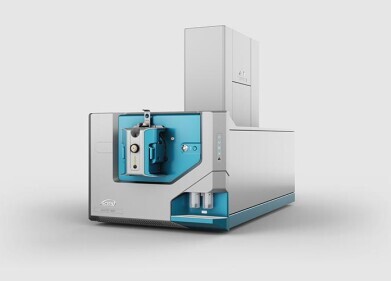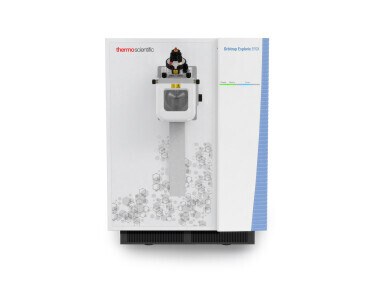Mass spectrometry & spectroscopy
Qualitative vs. Quantitative Analysis - Understanding the Difference
Jul 07 2014
These two words, “qualitative” and “quantitative”, are bandied about in the scientific community, but do you really know what they mean? It’s easy to take the etymological approach to the two terms and decide that ‘qualitative’ must relate to ‘quality’, while ‘quantitative’ must relate to quantity. So when we talk about qualitative vs. quantitative, we’re really just talking about quality vs. quantity, right? Well, sort of.
The Basic Description
In science, a ‘quantitative’ description is something (e.g. the temperature of a cup of tea) which can be measured using numerical units (e.g. 80°C or 180°F).
Meanwhile a ‘qualitative’ description is something (e.g. the colour of a cup of tea) which can be described in non-numerical terms (e.g. it is deep brown but becomes lighter when milk is added).
Qualitative vs. Quantitative Analysis
By using the example of the cup of tea, we can see that one item may be subject to both qualitative and quantitative analysis. By combining these two scientific approaches, we are able to get a more rounded understanding of various chemical reactions, and element combinations.
But which is more important? Quantitative analysis offers a much more definitive conclusion, as it essentially involves solving a chemical puzzle like a mathematical equation, to reach one final number. In some circumstances, quantitative analysis can even do the job formerly performed by qualitative analysis. For instance, the quality of wine was once deduced by its colour, smell, taste and appearance. Now, strict guidelines and millennia of wine-making experience have made the quality control process much more mathematical and therefore quantitative. This article: In Wine There is Truth - The Characterisation and Quantitative Analysis of Wine Using Spectroscopic Methods, offer a detailed case study of quantitative analysis.
As quantitative analysis takes over in the field of chemistry, where does this leave qualitative analysis? Largely, in the social sciences.
Qualitative vs. Quantitative Research
When it comes to scientific research, there are very few boundaries. There is so much still to learn about our environment and our biology, and not every question can be answered with a number. Social sciences such as anthropology, economics, sociology and psychology (even medicine, to a certain extent) rely heavily on qualitative research to inform academic theories.
While it is fully possible to create equations and algorithms which explain how languages evolved, it is no substitute for understanding the actual process of studying human migration, communication and vocal evolution. The study of language, for instance, is one which brings us intrinsically closer to the concept of what makes us human, and this is best expressed and learned through qualitative methods.
In truth, neither quantitative or qualitative are more important. In fact, both approaches work best when they complement each other.
Digital Edition
Lab Asia Dec 2025
December 2025
Chromatography Articles- Cutting-edge sample preparation tools help laboratories to stay ahead of the curveMass Spectrometry & Spectroscopy Articles- Unlocking the complexity of metabolomics: Pushi...
View all digital editions
Events
Jan 21 2026 Tokyo, Japan
Jan 28 2026 Tokyo, Japan
Jan 29 2026 New Delhi, India
Feb 07 2026 Boston, MA, USA
Asia Pharma Expo/Asia Lab Expo
Feb 12 2026 Dhaka, Bangladesh



















